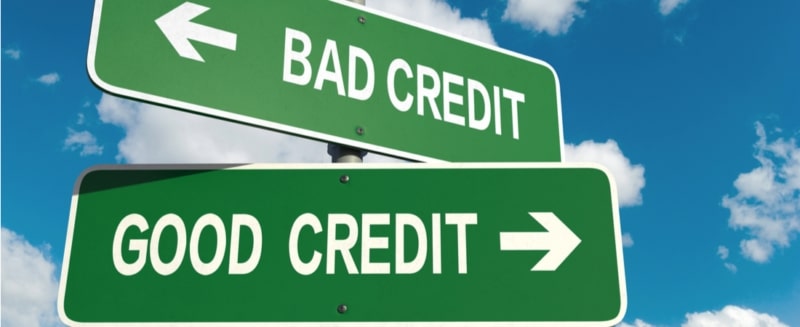If you missed a mortgage payment, you might want to know how it affects your credit score. Missing mortgage payments can hurt your credit score.
Q: I met Ilyce at a speech she was giving last year about financial planning and retirement. Last week, I was laid off by the company that sponsored the speech.
My savings have been depleted due to my previous unemployment in 2009 to 2010. I cannot make my next month’s mortgage payment. My current credit score is excellent, at 805.
But I worry that once I start missing mortgage payments, my credit score will fall below 650 and this will hurt me from getting a new job. Based on your knowledge, approximate how many months of missing payments will it take before my credit score goes below 650?
Can you give me some advice?
A: We’re so sorry to hear about your job loss. That’s such a tough thing to have happened, especially given your prior unemployment from 2009 through 2010.
Even worse is that you haven’t had time to save up another rainy day fund since your term of employment this time wasn’t very long and your prior savings were used up when you were previously employed.
It’s difficult to know exactly how many missed payments will drop your credit score below 650. Typically, one missed payment won’t do that. But if you miss two or three, or you are 90 to 120 days late on a few payments, your credit score will sink.
More seriously, if you go into foreclosure or bankruptcy that alone will likely sink your score below 650 all on its own. The thing to do is to find a way to avoid missing a mortgage payment.
When you are unemployed and can’t afford your mortgage, there may be help available through the Making Home Affordable set of programs that are government sponsored. The website to go to is MakingHomeAffordable.gov. There are two possible programs you may qualify for: The Home Affordable Unemployment Program (UP) and the Hardest Hit Fund.
The Home Affordable Unemployment Program can either reduce your payments to 31 percent of what you earn or, in the case of unemployment, suspend your payments for up to 12 months while you find a new job.
You must meet the following criteria in order to be eligible for the program: you are unemployed and are eligible for unemployment benefits; you occupy the house as your primary residence; you have not previously received a Home Affordable Modification Program (HAMP) modification; you obtained your mortgage on or before January 1, 2009; and, you owe up to $729,750 on your home. Participation in the UP program is at the discretion of your mortgage lender, and there may be other criteria you must meet.
Although 100 lenders are participating in the UP program, it is not available to loans that are held by Fannie Mae and Freddie Mac – despite those companies being held in conservatorship. According to the website, you can contact your lender to see what individual forbearance programs are available if your loan is owned by Fannie Mae or Freddie Mac.
The Hardest Hit Fund has $7.6 billion in funds spread out over 18 states and Washington, D.C. and through housing agencies in these states can supply mortgage payment assistance for unemployed or underemployed homeowners, principal reduction to help homeowners get into more affordable mortgage, funding to eliminate homeowners’ second lien loans, and help for homeowners who are transitioning out of their homes and into more affordable places of residence.
Unfortunately, participating in these programs may also damage your credit score. But that shouldn’t be your primary concern. Although there are specific jobs where a credit history and score are pulled, there are plenty of jobs that do not require a credit risk assessment. In any case, if you can’t make your mortgage payment you don’t have a lot of options.
Here’s the only one we can think of: If your home has equity, and the housing market has turned in your area, you could list your home for sale and hope that it sells quickly, so that you can get out before too much damage is done to your credit.
Let us know what happens.







Leave A Comment